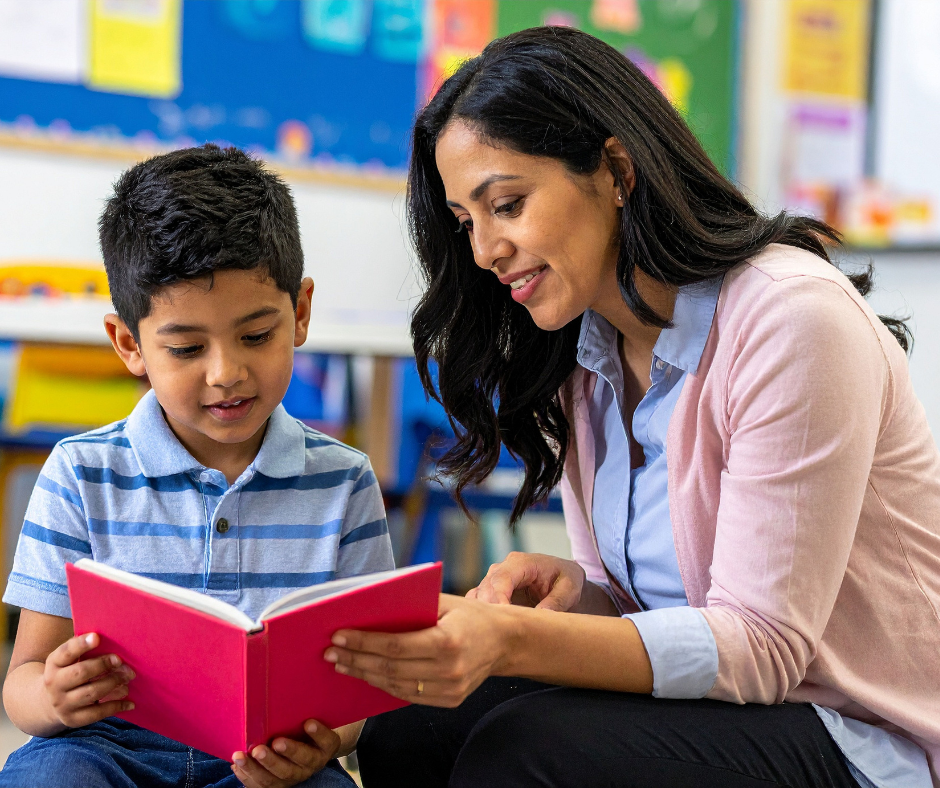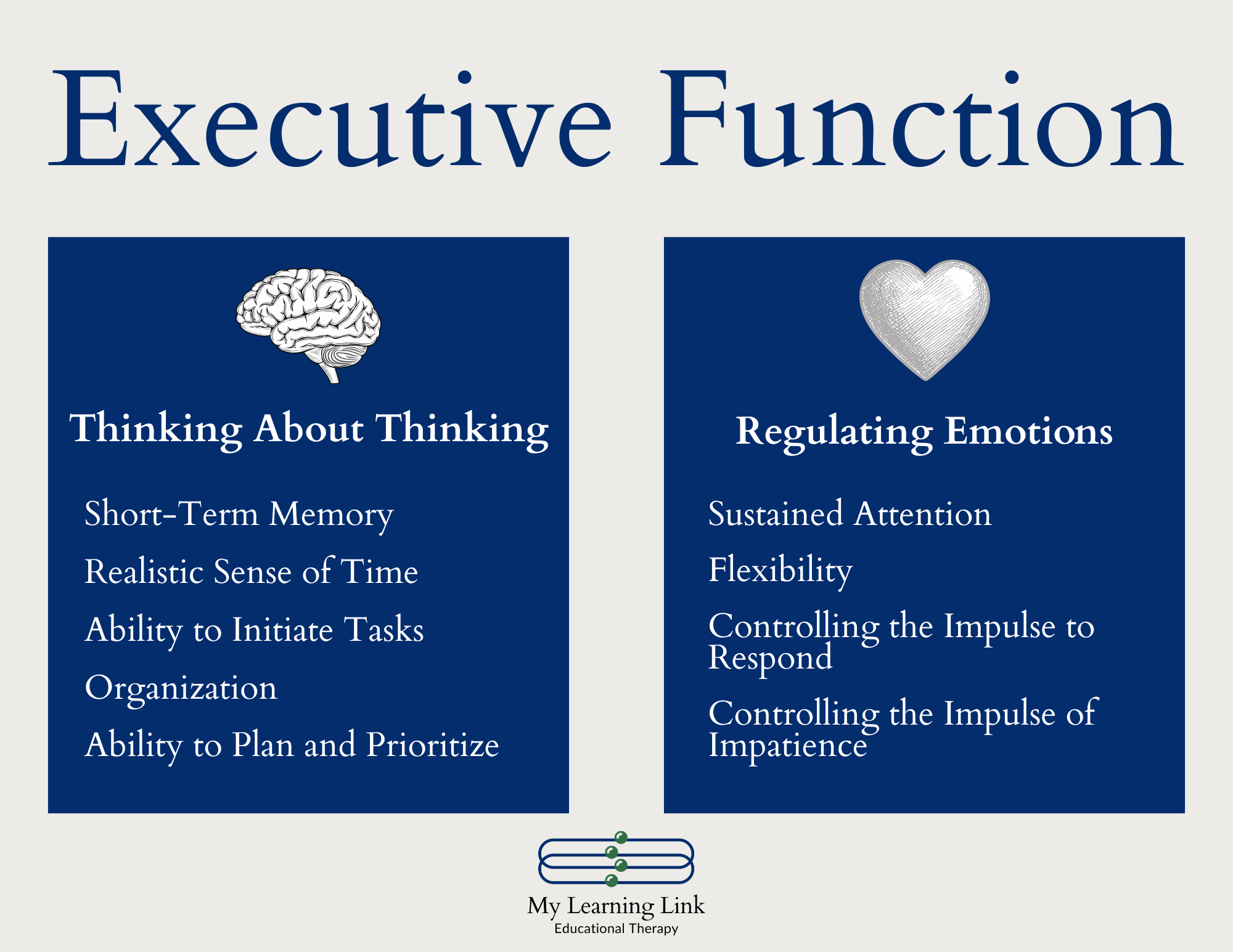The sooner you spot a learning disability, the better. So, this article is here to help you spot some of the common warning signs.
First, here are some early warning signs of a learning disability:
- When a challenge continues despite great effort and support, or
- Your child struggles in multiple subjects for an extended period of time
If these scenarios sound like your child, check out the resources below. They will help you get a better sense of what is going on and how to seek professional help if needed. And, you may even be able to figure out the root of an issue.
Resources to Spot a Learning Disability
- Check out The Challenge of Learning to Read, by LD Online on Reading Rockets
- This is an article about all that’s included in learning to read.
- Review Learning Disabilities Checklist , by the National Center for Learning Disabilities (NCLD)
- This is a very comprehensive checklist by age that is extremely helpful.
- Read the Characteristics Checklist, by the Learning Disabilities Association of Minnesota
- This simple checklist explains categories of learning challenges.
- Look at the Common Signs of Learning Disabilities, by LD Online
- LD Online is a great resource with lots of information about learning challenges.
- This specific checklist shows common signs of learning disabilities by grade levels.
- Read Learning Disabilities and Disorders, by the Help Guide
- This article describes different types of learning disabilities by name and age.
Lastly, these resources are a great way for you to get started. But, remember that formal assessment is necessary to officially diagnose a learning disability. Good luck!





